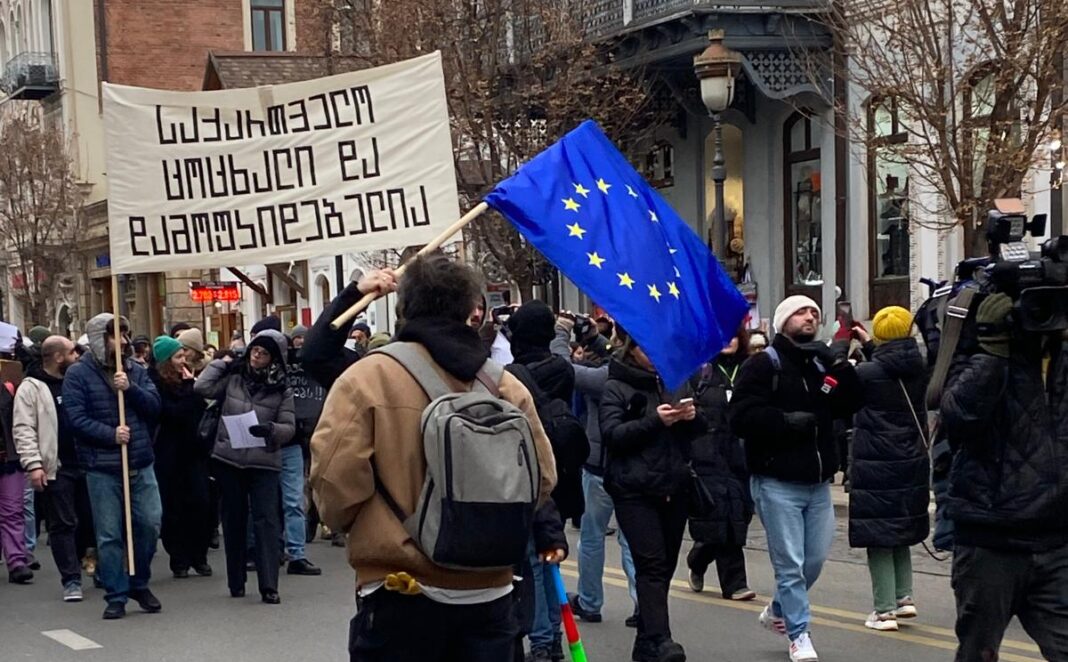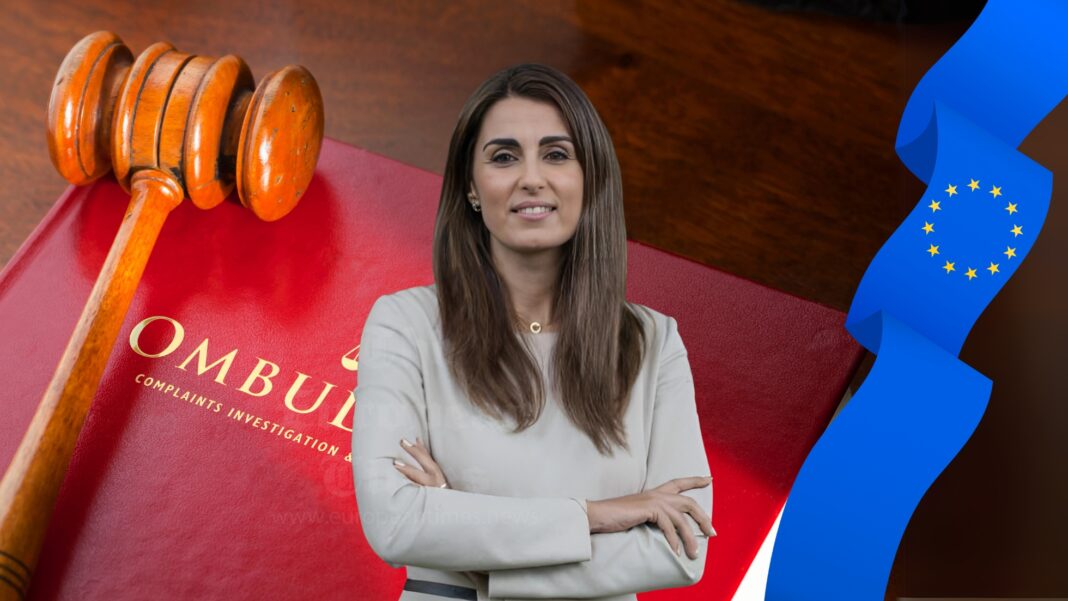Police violence // According to the Public Defender of Georgia (Ombudsperson’s Office) that I visited while in Tbilisi, 225 out of 327 detainees interviewed by their representatives claimed to have been victims of ill-treatment and 157 of them had visible physical injuries.
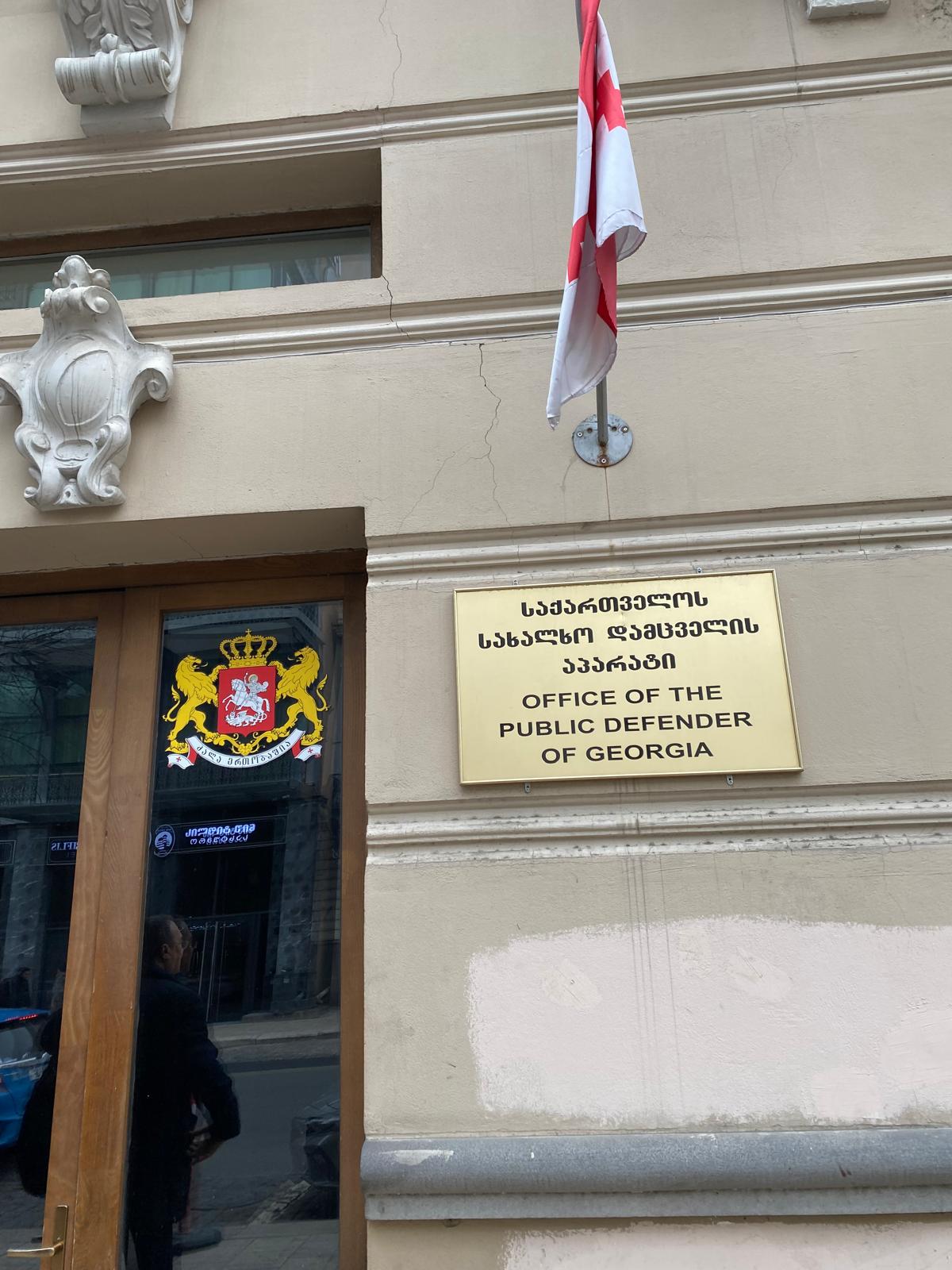
Some statistics about police violence
Along with the beatings, the special forces robbed the detainees, took away their clothes, shoes, mobile phones, bags, wallets, glasses, crosses and other personal belongings – they forced them to say derogatory phrases about themselves or to praise head of the Special Tasks Department, Zviad Kharazishvili (“Khareba”). In some cases, Kharazishvili personally recorded videos of the beaten detainees, the heads of several civil society organizations said in a joint statement.
To crack down on tens of thousands of peaceful demonstrators, the Ministry of Internal Affairs used special equipment, including unknown substances diluted in water jets, pepper spray, tear gas of an unknown substance, and others.
In some cases, before the crackdown began, a special water jet vehicle approached the demonstrators, and a special warning/call to disperse was heard. In some cases, the crackdown on demonstrations began with direct pursuit and arrests of demonstrators, and a warning signal and other means of crackdown were used later.
After using the water jets, the special forces fired a large number of tear gas capsules at tens of thousands of peaceful demonstrators, which made breathing and vision impossible, caused panic, and created a real threat of stampede and chaos.
In a number of cases, peaceful demonstrators who obeyed the call to disperse were ambushed, surrounded, and detained by special forces.
Special forces physically abused detainees, and after they were brought into the special forces cordon, law enforcement officers continued to physically abuse them.
Georgian President Salome Zurabishvili at the European Parliament
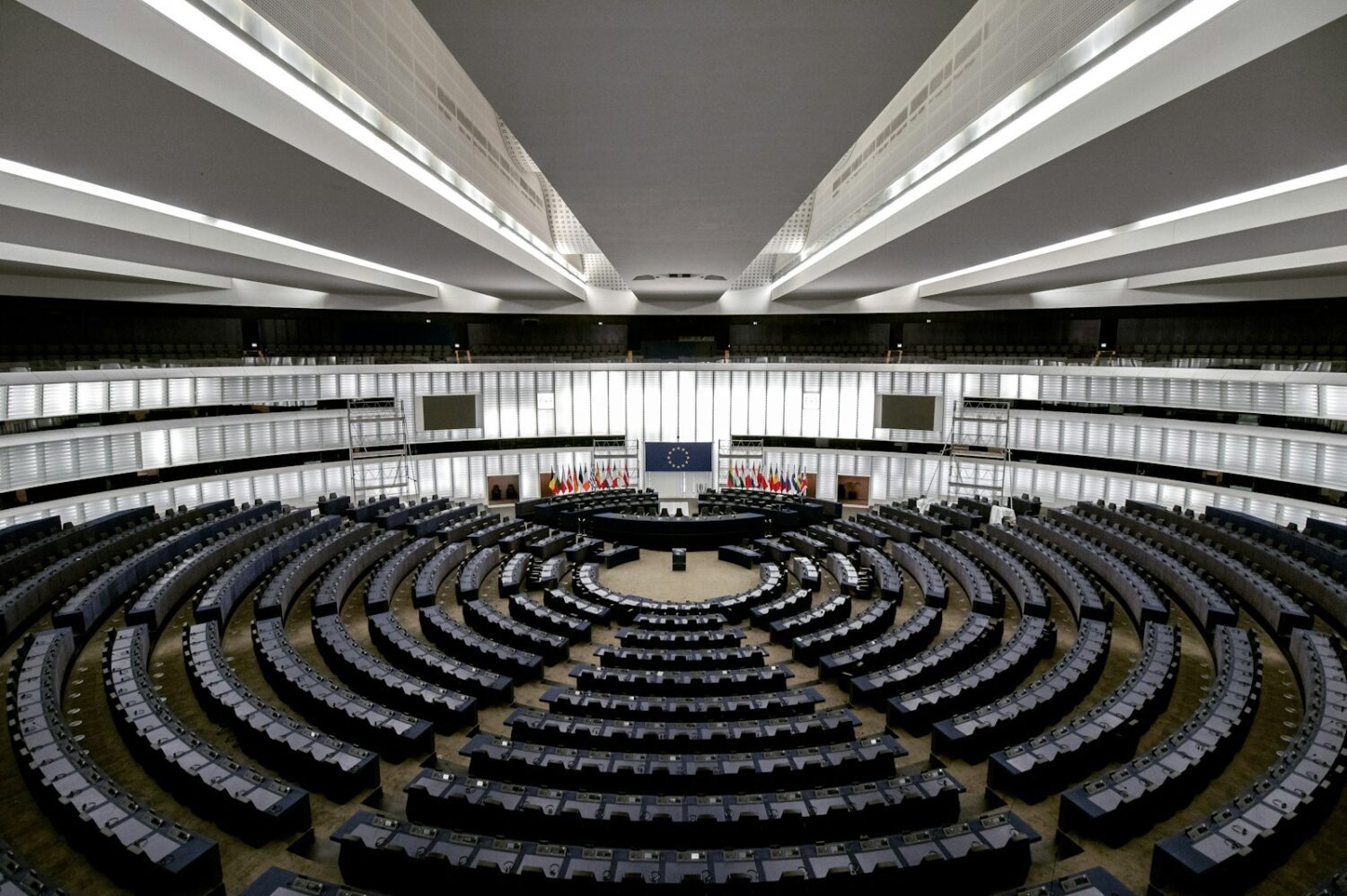
On 18 December, Georgian President Salome Zurabishvili delivered a speech to the European Parliament in which she called for active steps to be taken by the EU. About the recent rigged parliamentary election, she compared the current events in Georgia to the Soviet occupation of 1921 and was quoted as saying:
“This also concerns the credibility of Europe. Europe cannot allow a country that has just received candidate status to violate all democratic norms and its fundamental principles. It is also a matter of Europe’s strategic interests. Georgia was, is and I am sure will be a bulwark for the West and Europe in the region. Russia is also trying to take it over, because Russia remembers the saying of its imperial generals that whoever owns Tbilisi owns the Caucasus. This has not changed for Russia.“
Zurabishvili also stressed in her address to the Parliament that Georgians are not going to accept the Russification of their country and will not stop until they receive new free and fair elections, but for this, they need Western help.
Speaking about the 21 days of protests in Georgia, she said that the protest movement has now encompassed the entire society. She also noted that the protests began earlier, after the adoption of Russian-type laws, and said
“The only time when people in Georgia take to the streets is when they feel that an existential issue is at stake. This is a very peaceful, civil disobedience movement that demands two things: give us back the votes taken away due to the stolen elections and give us back our European future. This is not a revolutionary movement, this is a demand for new elections.”
She also stressed that the attempted construction of a Russian-type state in Georgia is something that is happening gradually and that a large part of the Georgian democratic institutions is already under control of a single-party or one-man rule. Only the opposition media and human rights NGOs are still out of their hand, but for how long.
“Georgians are still waiting for tough measures from Brussels and Washington. And I hope we will not have to wait for a deeper crisis for Europe to act. What can Europe do? First of all, political support. We need constant political attention from the highest levels, because Georgians need to know that they are not alone and that we have your back,” she said.
While the European Parliament called for new elections in Georgia, the EU Member States could only propose a suspension of visa-free travel for Georgian holders of diplomatic and service passports. Tougher sanctions could not be adopted because of the veto of Hungary and Slovakia.
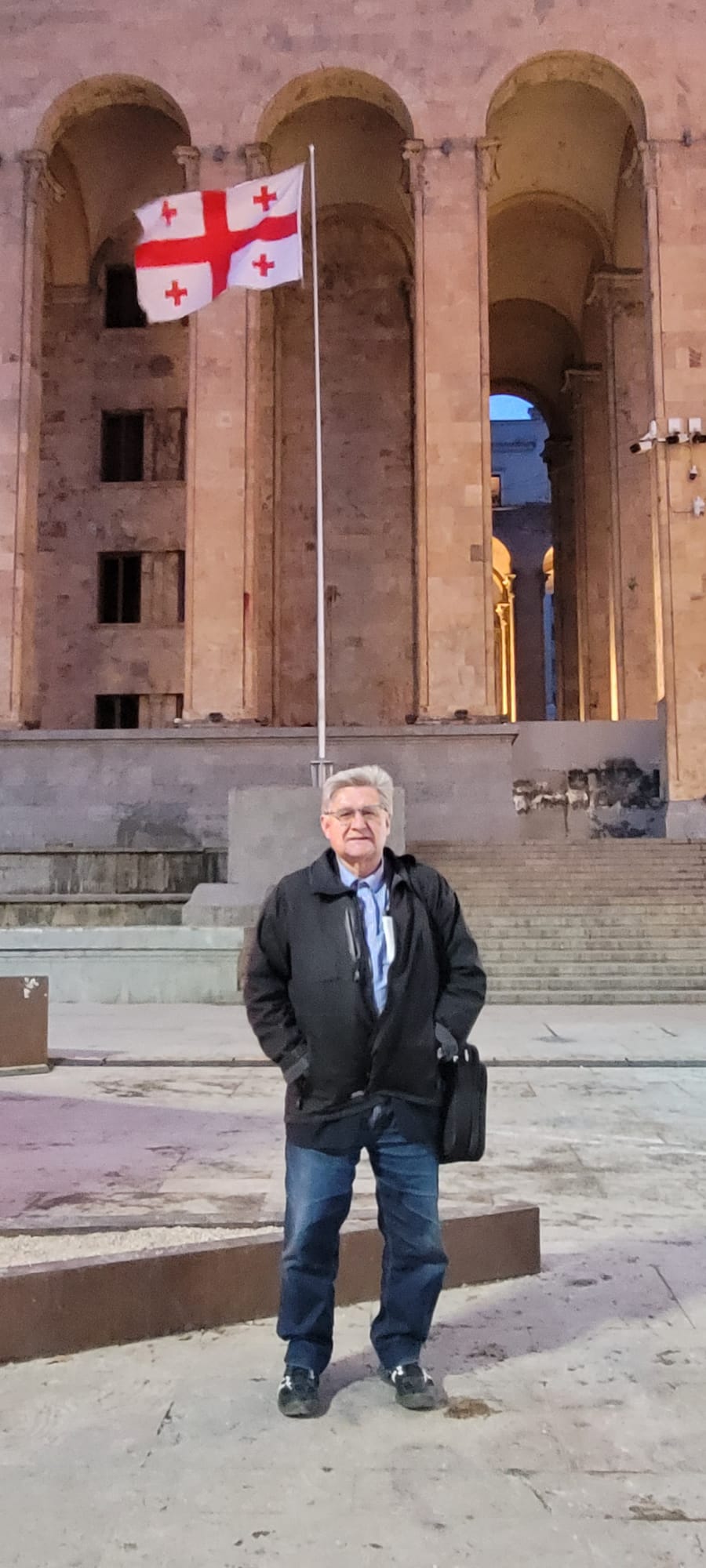
Being asked by some people at the European Parliament who declared to be ready to help her in case she would go into exile, she answered, like President Zelensky in Ukraine in 2022, that she would stay in Georgia to fight alongside the Georgian population and the main support she needed was from the EU. Up to now, Europe has been “slow to wake up and slow to react,” she said, while the Georgians need the EU to act quickly and to avoid a ‘business as usual’ policy.
Over 800 businesses, among them MagtiCom, PSP Pharma, Daily, McDonald’s, SPAR, Veli Store, Magniti, Toyota Center Tbilisi, Alta, PwC Georgia, and Gvirila, this week signed a statement calling for quick actions and new elections, saying “they take responsibility for the fate of the country and its irreversible progress.”




